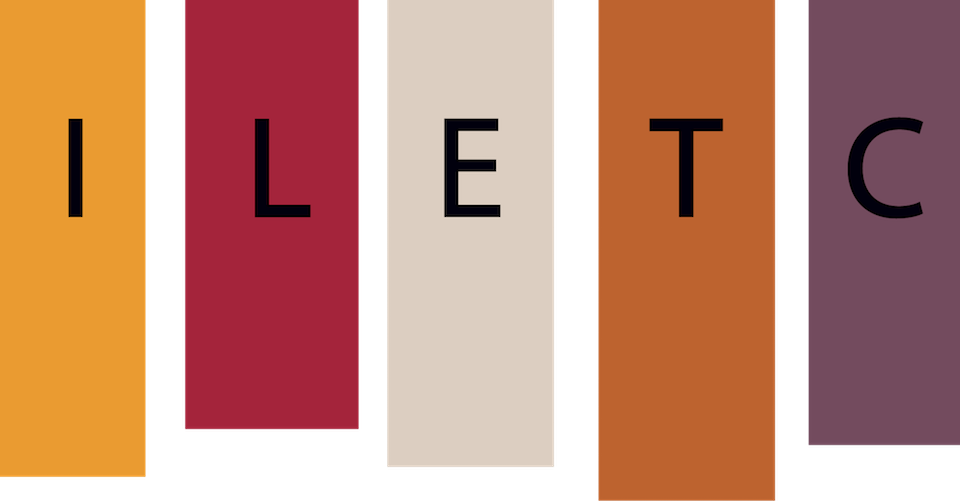Come join us on Dec. 7, 2023 at 1:00 PM EST for a presentation by Dianna Murphy and Lidia Gault. This presentation shares findings from a mixed-methods research study to …
Category: Events
Event on 10/5/2023! “Fitting the Program to the Learners: Adapting Translation Competence Models to Heritage Speakers”
Come join us on Oct. 5, 2023, at 3:00 PM EST, for a presentation by Cristina Lozano Argüelles and Aída Martínez-Gómez. This presentation is part of the Center for Integrated Language …
Event on 8/10/2023! Introducing We Authors, an L2 Writing Website
We invite you to learn about We Authors | Second-Language Writing (slweauthors.commons.gc.cuny.edu), a website for students enrolled in second language courses across CUNY. A daughter site of We Authors | …
ACTFL Workshop on 12/6/2022! “Developing Interpretive Reading and Listening Proficiency”
ILETC invites you to participate in a day-long, virtual ACTFL workshop (American Council on the Teaching of Foreign Languages) on text typology, led by Professor Cynthia Martin. This workshop will …
Workshop on 11/11/2022! “Process Writing in the Heritage Language Class: An approach to biliteracy development”
Come join us on Friday, November 11, 2022, from 11:00 AM to 12:30 PM, for an interactive presentation online. What are the differences between traditional writing assignments (prompts-draft-feedback-final copy) and …
Interactive Presentation in October, 2022! “Bilingual Writing Proficiency of CUNY Students”
When working with multilingual students in your heritage language, English comp, or ESL classes, have you ever wondered about these learners’ ability to do things in “the other” language? For …
Introducing We Authors
Dear CUNY Heritage Language Instructors, We invite you to learn about We Authors (https://weauthors.commons.gc.cuny.edu/), a website for multilingual students enrolled in heritage language courses across CUNY. We Authors provides students …
Facilitating Student-to-Student Interaction in the Virtual Language Classroom
October 15th, 2020, 3:00 PM to 5:00 PM Registration is now open. Limited spots available. The Institute for Language Education in Transcultural Context (ILETC) is pleased to offer a webinar on …
Collaborative Curriculum Development: Workshop for Heritage Spanish Courses
Workshop Description The Institute for Language Education in Transcultural Context (ILETC) invites CUNY Spanish language instructors who teach heritage or mixed L2/heritage courses to participate in a year-long workshop aimed …
Workshops on Methodological Developments in Teaching of Spanish
Methodological Developments in Teaching of Spanish as a Second and Foreign Language A Workshop for Teachers, XIV. Language Programs and Methodology April 25th, 2020 Room TBA Barnard College 10:00am – …


